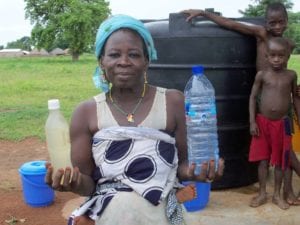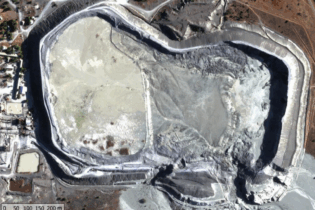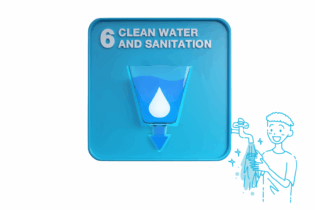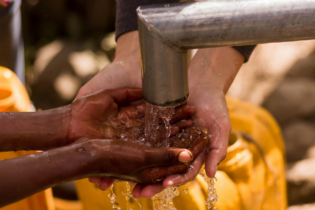Large corporations who have been buying up vast stretches of African farmland in recent years, whether based in Dubai or London, understand that it’s the access to water that they get from the land deals, which they often get for free and without restriction, that may well be worth the most over the long-term.
The value is not in the land the real value is in water. And water is abundant in Africa. The continent’s water resources are vastly under-utilised, and they can be harnessed for expansive agriculture projects. But the reality is that a third of Africans already live in water-scarce environments and climate change is going to up these numbers significantly. A closer look at where these deals are taking place and how much water they plan to consume shows that the projects will rob millions of people of their access to water and risk to deplete the continent’s most precious fresh water sources. The world’s demand for fresh water is growing so fast that, by 2030, agriculture, industry, and expanding cities will face such scarce supplies that the confrontation could disrupt economic development and threaten political stability and public health. It is estimated that by 2050, demand for food, water, and energy is projected to grow by 30% to 5%. Meanwhile, more than 750 million people do not have adequate access to safe drinking water.How can we hope to meet these demands without integrated policy reform and comprehensive solutions that take local conditions and a diversity of stakeholders into account?

As it stands, ineffective financial incentives, institutional structures, and a lack of trusted data make joint cooperation almost impossible.
But some promising models are emerging quickly — the 2011 World Economic Forum book, Water Security – the Food, Energy, Water and Climate Nexus, frames issues and develops comprehensive, cross-cutting science and policy recommendations Many governments are implementing innovative new policies to improve water management. Civil society, governments, and businesses are coming together in organizations, such as the 2030 Water Resources Group, to help build common and comprehensive databases on water issues. However, at current rates, the challenges are outpacing the solutions. We need to share accurate data more effectively to inform collective policy action. Even in our data-flooded age, localised information is often minimal, outdated, or inaccessible. by Richard Jansen van Vuuren






